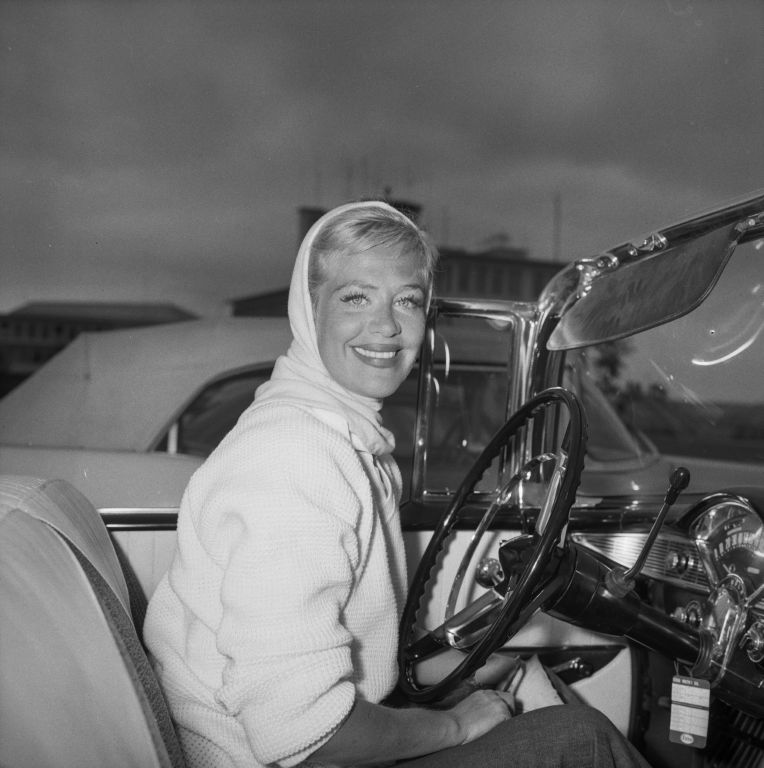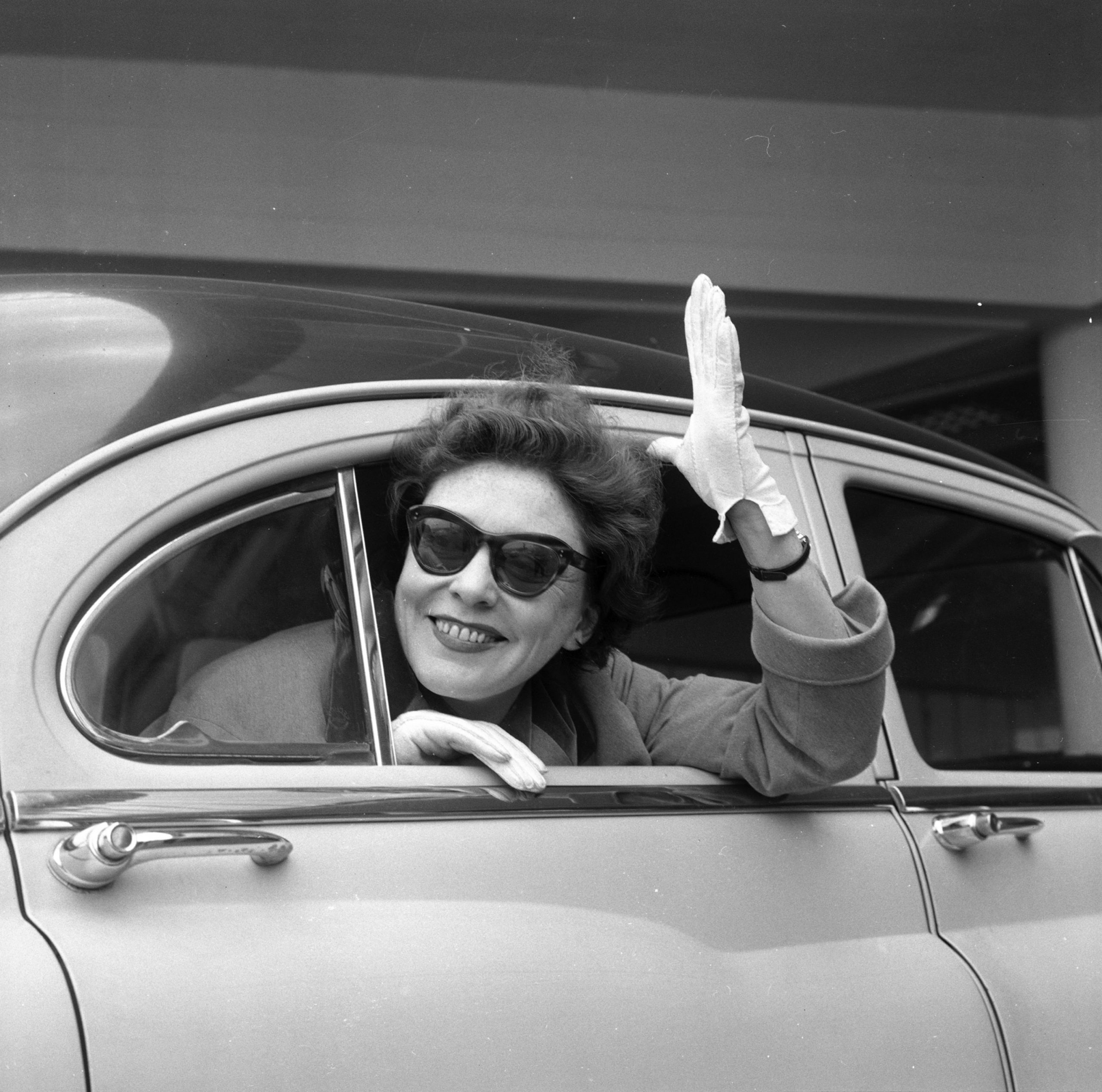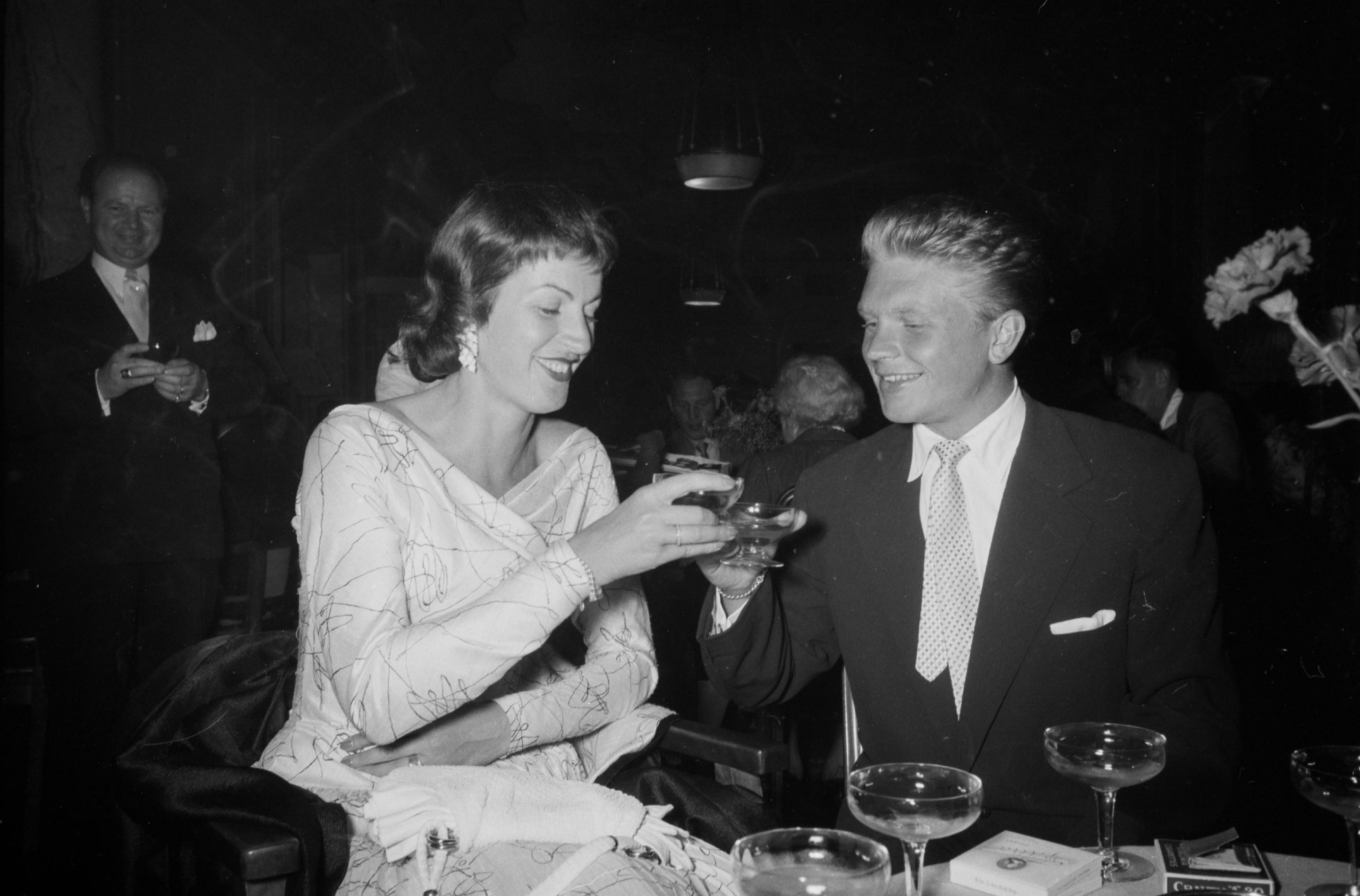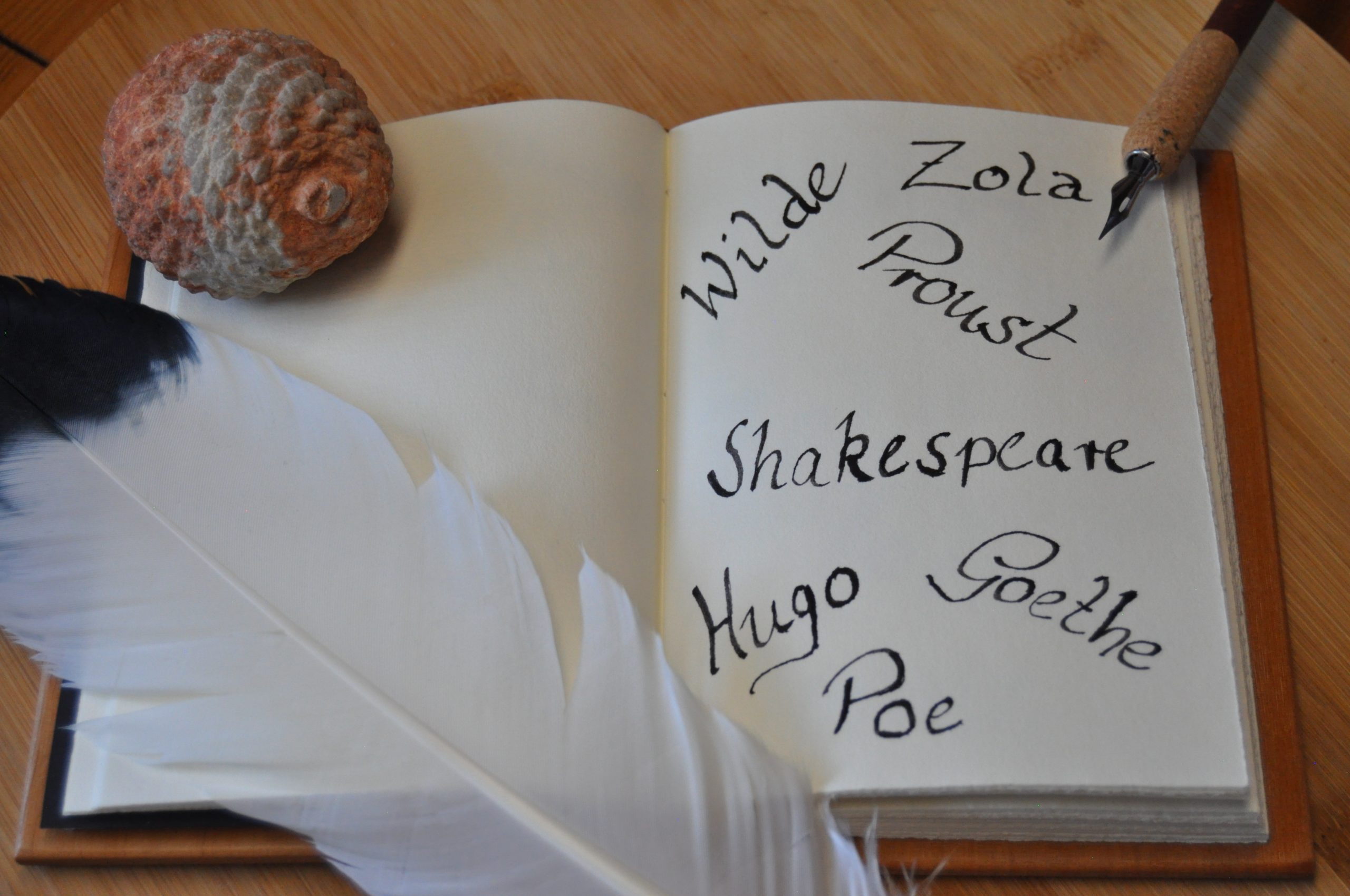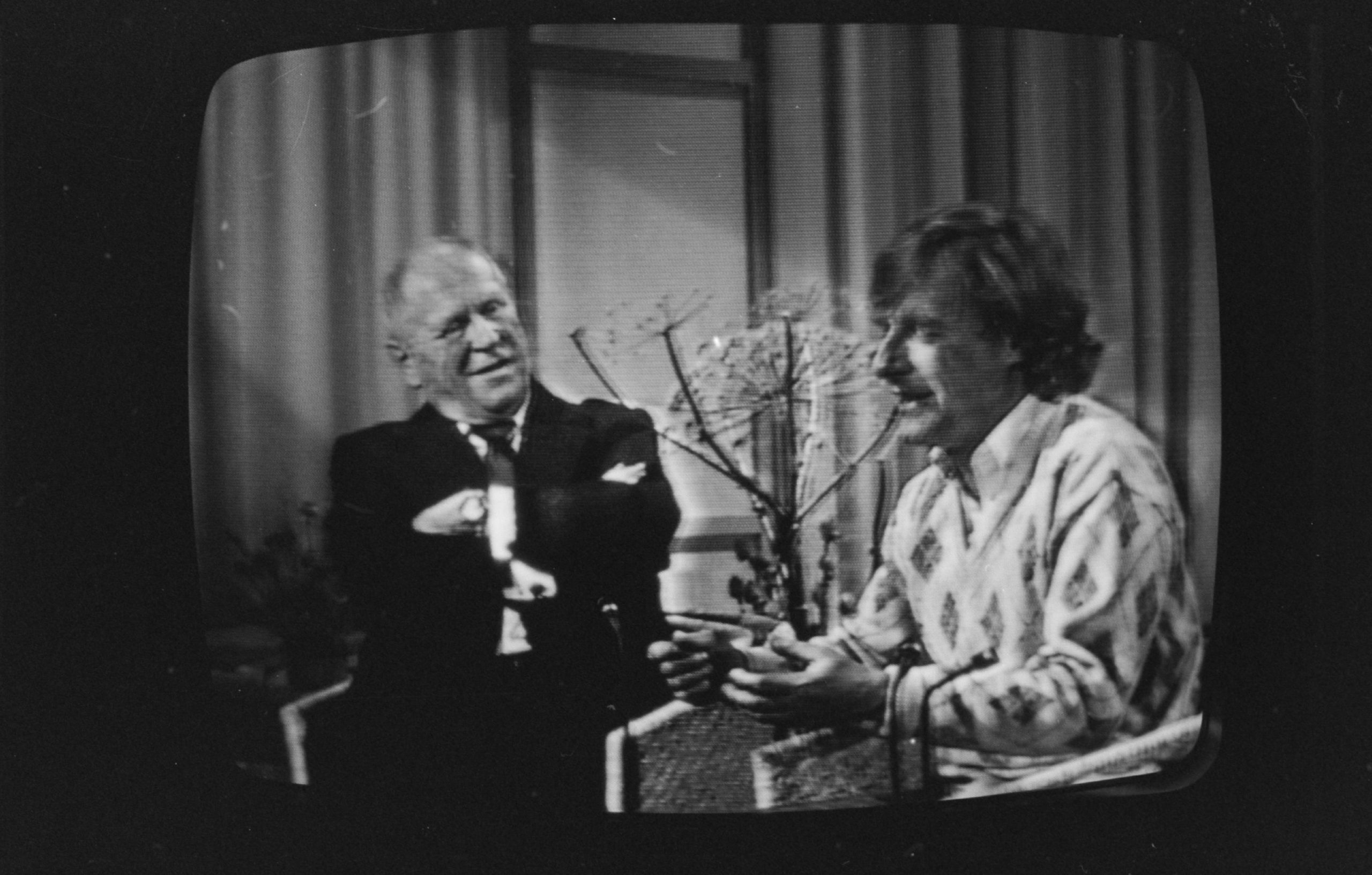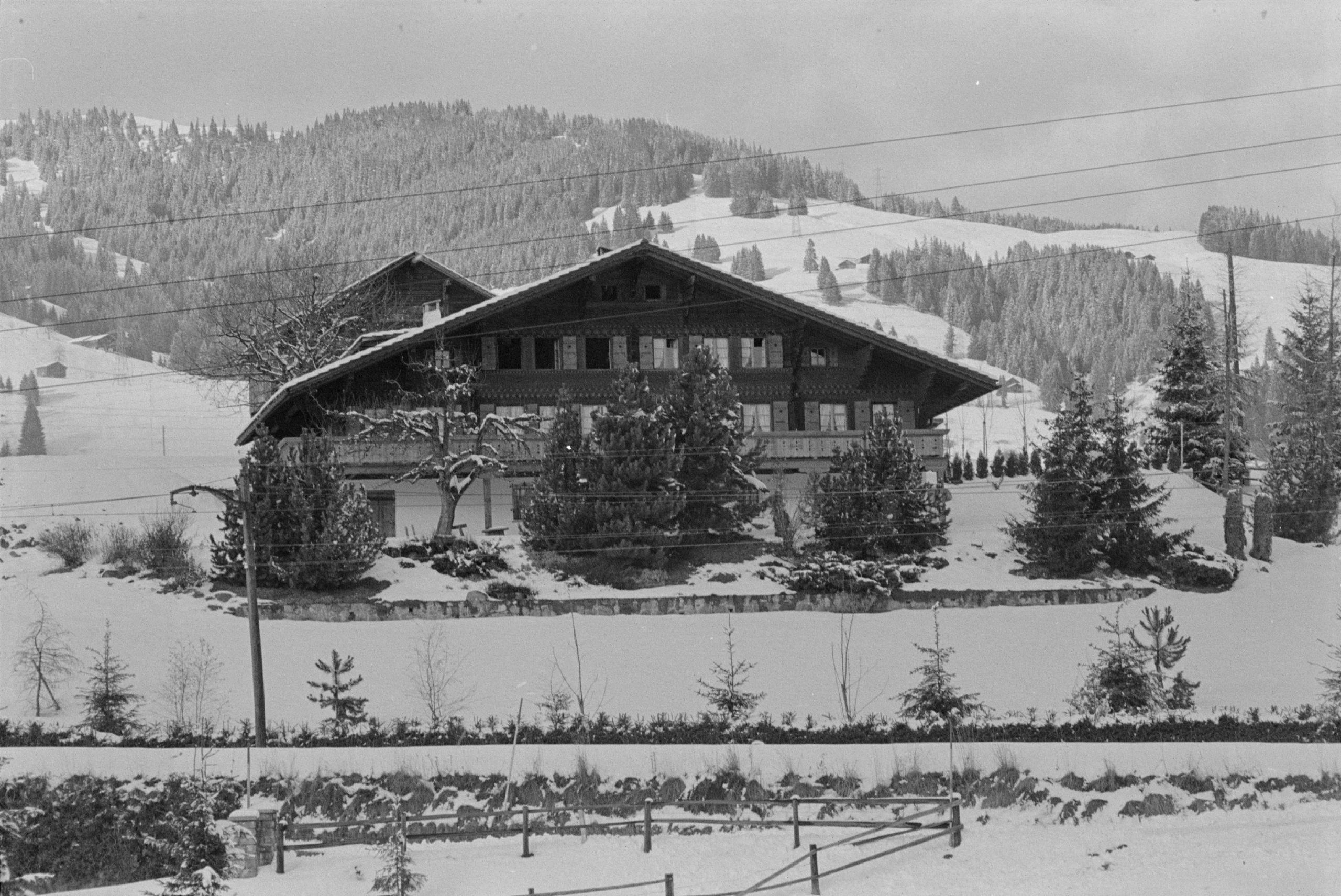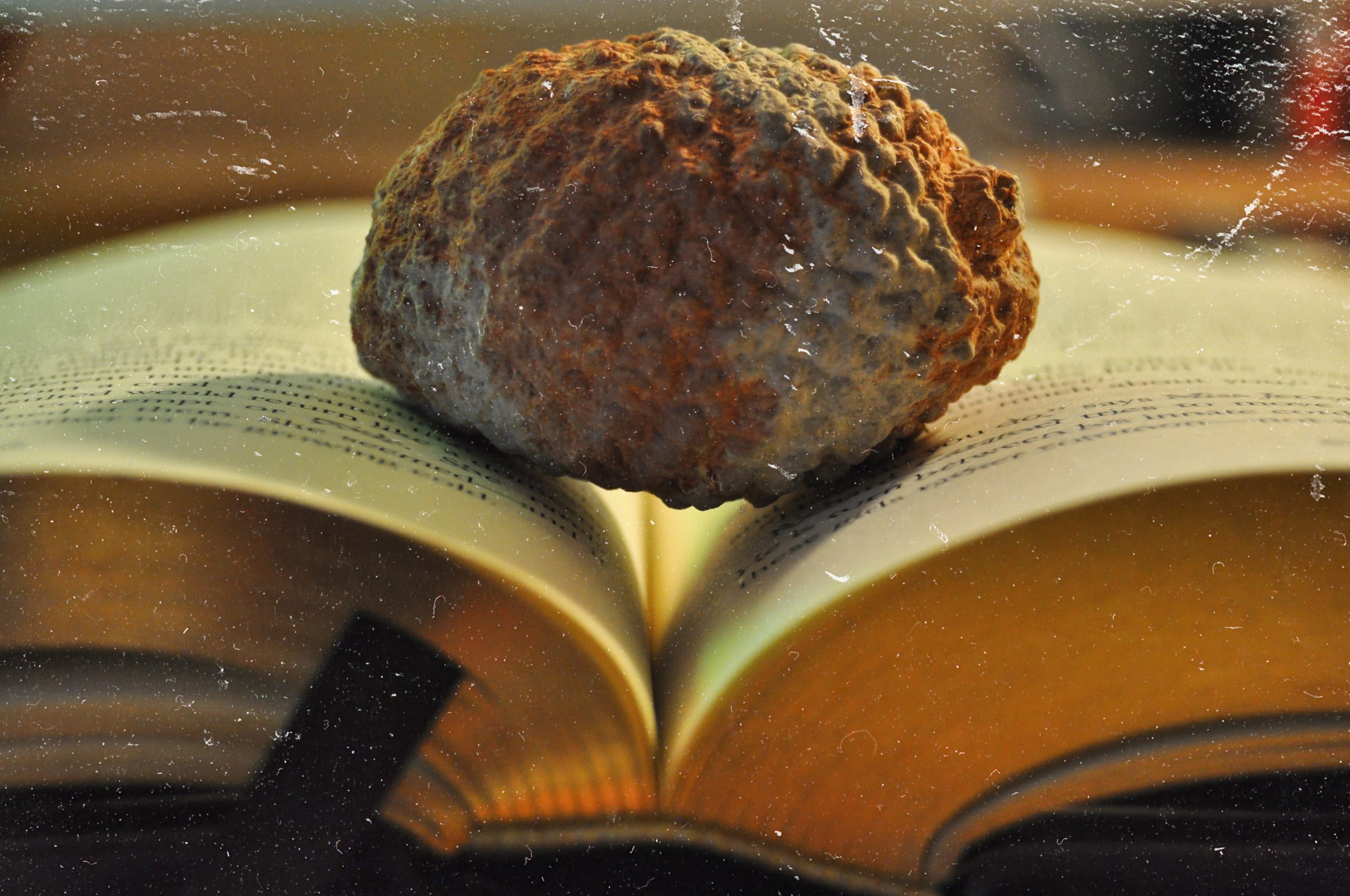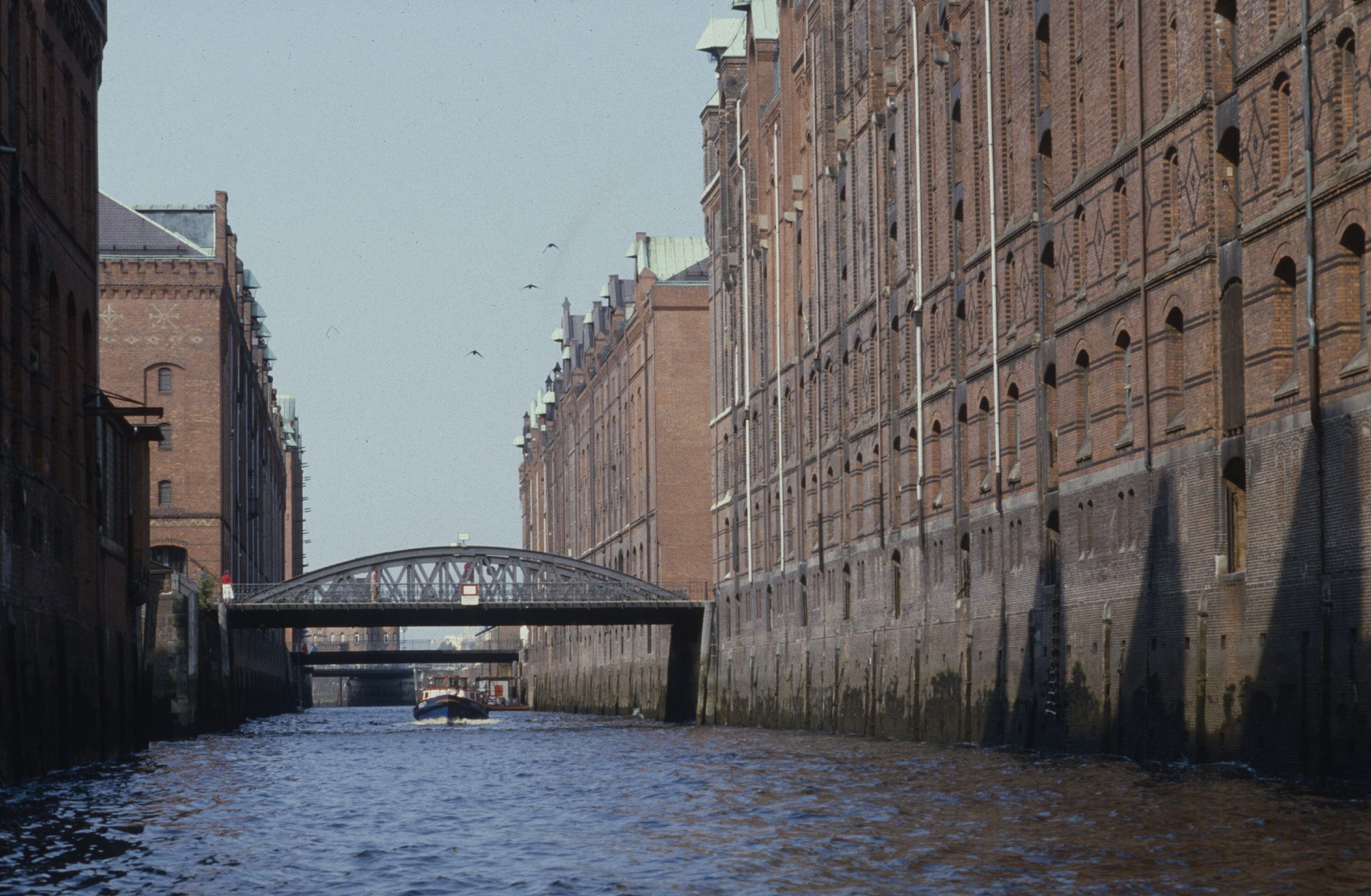“I feel like an actor – actor is also the job title on my passport.” This quote comes from an actor who to a certain extent created his own acting world: in his monograph on Gustaf Gründgens, the author Heinrich Goertz even speaks of a “Gründgens world” that the actor created during his lifetime. This world included not only fellow actors and directors, but also supporters, followers and – as with many personalities in the public eye – enemies and adversaries.
Gustaf Gründgens did not necessarily come from an acting family: he was born on December 22, 1899, the son of a long-established industrialist family from the Rhineland.
However, after the turn of the century, the circumstances of this industrialist family were no longer as good as one might initially think: Nonetheless, the Gründgens family still wanted to maintain the appearance to the outside world that they were a wealthy industrialist family.
It can be assumed that Gründgens already had a penchant for acting in his early years.
Front theater
The heyday of the great Rhenish industrialist families from which Gründgens came was already over when he was born in 1899: This circumstance certainly played a role in Gründgens’ choice of career, as it was not all that common for a descendant of an industrialist family to take up the profession of an actor.
Gründgens’ penchant for acting began in the army during the First World War: the young man was anxious to avoid serving in the armed forces and found out about the possibility of founding a front theater in an army ordinance journal. Did Gustaf Gründgens’ passion for acting only develop out of the necessity of not wanting to be called up for front-line service? It can be assumed that Gründgens already had a penchant for acting in his early years – but not much is known about his early years, as the actor always kept a low profile when describing his early years.
The modern literary stage
After the First World War, Gustaf Gründgens continued to pursue his passion for acting: in the early twenties, Gustaf Gründgens worked at theaters in various German cities, including Halberstadt, Kiel and Berlin. But none of these engagements lasted long: it was not until Gustaf Gründgens arrived at the Kammerspiele Hamburg in 1923 that it became clear that he had found an artistic home. Gustaf Gründgens and his like-minded colleagues had the idea of a modern literary stage – the aim was therefore to bring classics of world literature to the stage in a modern context.
During his first season in Hamburg, Gustaf Gründgens played fifteen roles – none of which were a real breakthrough. Gustaf Gründgens was not only employed as an actor at the Hamburg Kammerspiele: He also pursued his work as a play director. It was one of Gründgens’ habits to play the leading role in a play he was directing.
The first time Mephisto
To this day, his marriage to Erika Mann, Thomas Mann’s daughter, who he married in 1926 and divorced in 1929, provides plenty to talk about: in the twenties, Gustaf Gründgens laid the foundations for his fame, which would enable him to continue his career as a theater producer in the thirties.
When Gustaf Gründgens left the Hamburg Kammerspiele at the end of the twenties and earned a reputation as an actor on various Berlin stages, he practically had to start from scratch in Berlin: Did Gustaf Gründgens already suspect at the end of the twenties that the German capital would become the center for a large part of his career as a theater and film maker?
In 1932, Gustaf Gründgens appeared for the first time in the role of Mephisto from Goethe’s Faust I, which is still commonly referred to today as the role of his life. To this day, the actor Gustaf Gründgens is primarily associated with the role of Mephisto.
An unprecedented career
Klaus Mann’s novel Mephisto, published in 1936 in exile in Amsterdam, was by no means a work of fiction: Klaus Mann, the brother of Gründgens’ first wife Erika Mann, dealt with Gustaf Gründgens’ artistic and professional rise in the 1930s in the novel. However, it took until 1981 for Klaus Mann’s novel Mephisto to become accessible to the general public, when a German publisher was able to override a publication ban.
In February 1933, shortly after the National Socialists took power in Germany, Gustaf Gründgens was appointed artistic director of the Prussian State Theater. The highlight of this rise was undoubtedly his appointment to the Prussian State Council in 1936, which granted Gründgens numerous privileges.
The following stages in his career read like a glittering ascent to the top: in 1934 Gründgens was appointed director of the Prussian State Theatre, and in 1935 even general director, making Gründgens the leading personality in shaping the repertoire. The theater visionary held the post of General Director of the Prussian State Theater until the end of the Second World War. During this time, he mainly had works of German classical literature performed at the Staatstheater – true to his vision of a “modern literary stage”.
One of his most memorable films is undoubtedly the 1960 film version of Faust with him and Will Quadflieg in the leading roles.
From bohemian to Prussian
Extravagance and a sense of order are not mutually exclusive qualities: Gustaf Gründgens proved this with his career.
“Gründgens’ favorite word was order. (…) The former bohemian practised discipline in a Prussian way,” writes Heinrich Goertz in his monograph on Gustaf Gründgens. Goertz implies that Gustaf Gründgens gave up the unconventional artistic nature of a bohemian in the course of the changed power relations in Germany in the 1930s and instead practiced his artistic ideals in a much more disciplined – “Prussian” – way.
In addition to his work for the theater, which undoubtedly makes up a large part of his legacy as an artist, Gustaf Gründgens also worked in film: one of his most memorable films is undoubtedly the 1960 film version of Faust with him and Will Quadflieg in the leading roles.
After the Second World War, Gustaf Gründgens enjoyed the status of a star: it was not very often that a theater producer rose to stardom.
Pioneer of modern theater
After the Second World War, Gustaf Gründgens returned to Hamburg in 1955, to the city where he had taken his first steps as an actor in the twenties. From 1955 until his death in 1963, Gründgens was general director and artistic director of the Deutsches Schauspielhaus in Hamburg.
Gustaf Gründgens realized early on that a mere existence as an actor or director would not be enough to have a lasting influence on the world of modern theater: Thanks to the opportunities that his diverse occupations in functional positions at theaters brought with them, Gustaf Gründgens was indeed able to realize his vision of modern literary theater. More than almost any other theater maker before him, Gustaf Gründgens had a lasting influence on the world of theater – the actor, director and theater functionary Gustaf Gründgens immortalized himself in particular through his portrayal of Mephisto in Goethe’s Faust.
Main sources: Goertz, Heinrich: Gustaf Gründgens, 1982 Rowohlt Taschenbuch Verlag and Chmura, Nadine: Biografie Gustaf Gründgens, in: LeMO Biographies, Living Museum Online, Stiftung House of History of the Federal Republic of Germany.
Cover picture: © Simon von Ludwig

 Deutsch
Deutsch